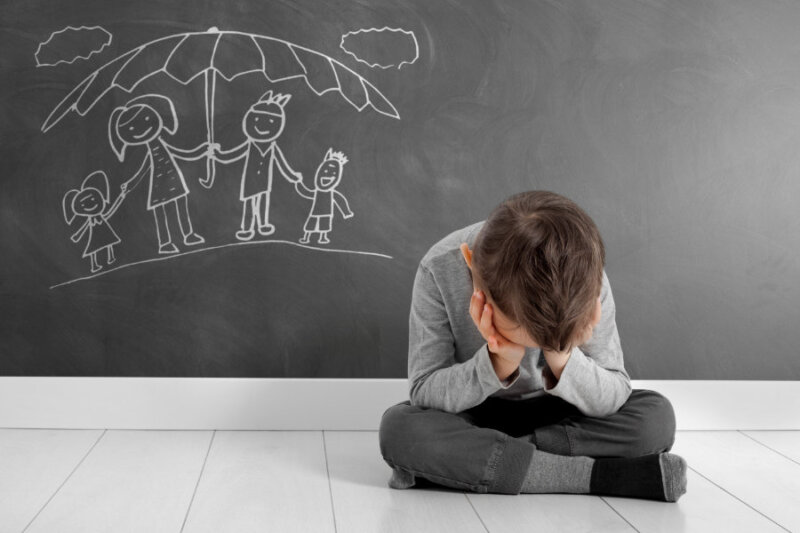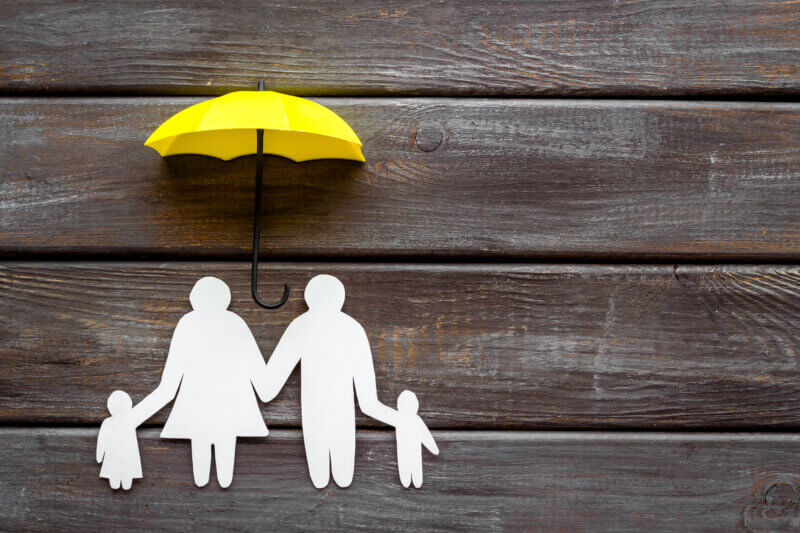What is autistic masking?
Autistic masking, camouflaging, or compensating is a conscious or unconscious suppression of natural autistic responses. It is hiding or controlling behaviors associated with autism spectrum disorder (ASD) that may be viewed as inappropriate in situations. Autistic people may feel the need to present or perform social behaviors that are considered neurotypical or may hide neurodiverse behaviors in order to be…















